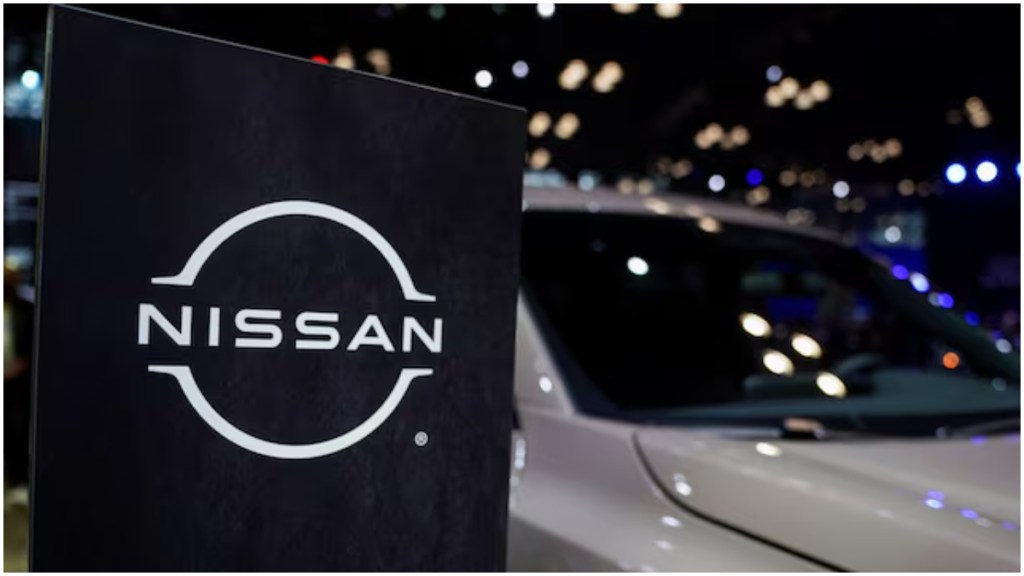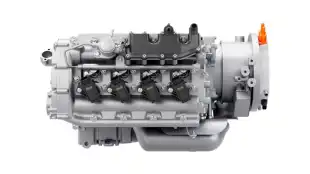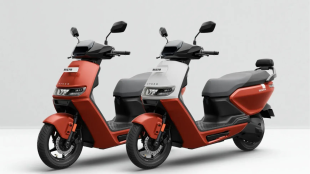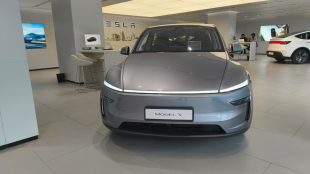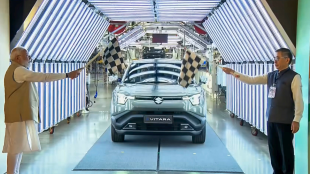Nissan has been in the news recently after a speculative Reuters report broke out that it may cease its operations in India. Nissan was quick to address this report by issuing an official statement saying the news was pure speculation and Nissan intends to continue with operations in the country. Now, the Japanese carmaker has issued another statement.
Nissan India official statement on operations
“Nissan remains committed to its India operations, dealers, partners, and customers. Nissan & its dealer partners will continue to provide Sales & Service to customers of existing and future new models. Nissan’s stated India product offensive remains intact, including the plan to introduce 1 all-new BMPV & 2 new C-SUVs. We will continue our plans to export vehicles to other parts of the world as per our One Car, One World plan.
Regarding the recent reports on the potential closure of certain plants, Nissan wants to clarify again that this news is speculative and not based on any official information of the company. In March, we announced that Renault Group would own 100% of Renault Nissan Automotive India Private Ltd (RNAIPL), by acquiring the 51%-shareholding currently held by Nissan.

At this time, we will not be providing further comments on this matter. Our focus remains on our operations and the dedicated workforce that drives our success. We are committed to maintaining transparency with our stakeholders and will communicate any relevant updates as necessary.”
What actually happened?
Nissan was in the news in recent times for its merger with Honda, however, the deal went sour and the merger was called off. Later, Nissan went through major a restructuring process, laying off more than 10,000 jobs across the globe. Nissan, with its new CEO onboard — Ivan Espinosa — has been cutting costs in various areas.
The Reuters report claimed that Nissan was ending operations in South Africa and Argentina, while two plans in Japan will also be shut. The report claimed that Nissan was cutting down its workforce by 15 percent and bring down its global production plants from 17 to 10 globally.
